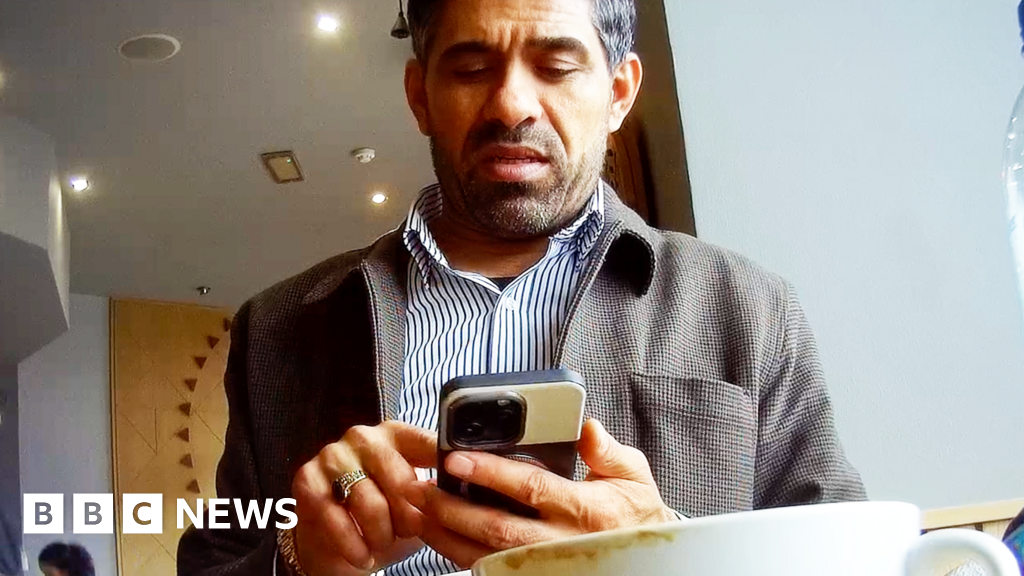Nick TriggleHealth correspondent
The British Medical Association has rejected a fresh offer from the government to end the long-running dispute with resident doctors in England.
Health Secretary Wes Streeting had proposed covering the cost of exam fees and expanding training places more quickly than planned and wrote to the union on Wednesday giving it until the end of Thursday to accept the package.
But the BMA said the offer did not go far enough - and the government needed to increase pay.
It comes ahead of a five-day strike by resident doctors, the name now for junior doctors, which gets under way on 14 November. It will be the 13th walkout since March 2023.
The fresh offer made by Streeting in the letter to the BMA on Wednesday afternoon followed a meeting with the union's leaders on Tuesday.
There were a range of measures, including covering the cost of mandatory exams, which can run to thousands of pounds over the course of doctor training, and membership fees to royal colleges.
The health secretary had also promised to expand the number of training places more quickly than initially planned.
But the BMA told the BBC on Wednesday night that it had rejected the offer.
The 10-year NHS plan published in early summer pledged an extra 1,000 training places by 2028, but this will now be increased to 2,000 with the 1,000 boost happening next year.
These are speciality training places that doctors move into after the first two years of training.
This year there were more than 30,000 applicants for 10,000 jobs at this stage, although some will have been doctors from abroad.
In the letter to the BMA Streeting said: "The choice is clear. You can continue to pursue unnecessary strike action, which will cause disruption to patients, harm the NHS's recovery and mean that at least some parts of this offer become unaffordable.
"Or you can put an end to this damaging period of industrial action and work in partnership with the government to both deliver real change and improvements."
The letter said iafter Thursday the NHS would have to start cancelling treatments and bookings ahead of the next walkout.
The offer has been made after months of dialogue between the union and government, which began in July after the last round of strikes.
Streeting has maintained he would not negotiate on pay after resident doctors had received pay rises totalling nearly 30% in the past three years.
But the BMA has argued that, despite the pay rises, resident doctors' pay is still a fifth lower than it was in 2008, once inflation is taken into account.
Responding to the offer, Dr Jack Fletcher, chairman of the BMA's resident doctors committee, said it "does not go far enough".
He said even with the expansion of training places resident doctors would still be left without a job at a crucial point of their training.
"We have also been clear with the government that they can call off strikes for years if they're willing to offer a multi-year pay deal that restores pay over time.
"Sadly, even after promising a journey to fair pay, Mr Streeting is still unwilling to move."
The strike next week is expected to cause significant disruption, particularly in hospitals.
Resident doctors represent nearly half the medical workforce and range from doctors fresh out of university through to those with up to a decade of experience.
They will walk out of both emergency and routine care with senior doctors brought in to provide cover.
While the NHS attempted to keep as many routine services running as possible during the last strike, thousands of operations and appointments still had to be postponed.
.png)
 3 hours ago
2
3 hours ago
2








 English (US) ·
English (US) ·